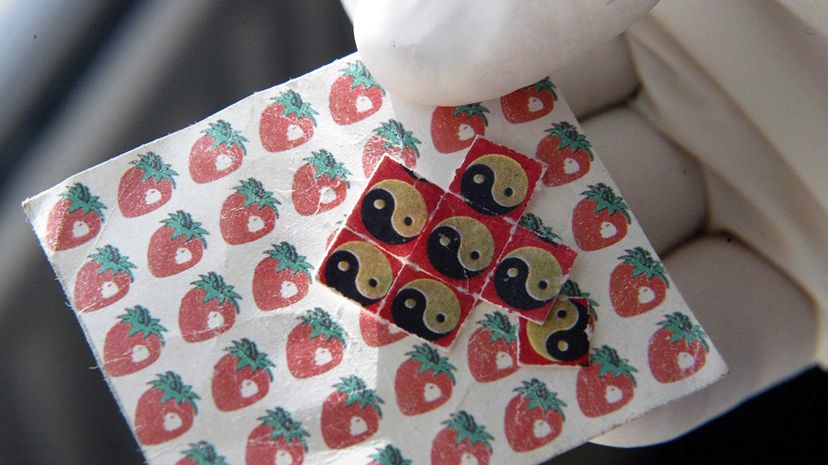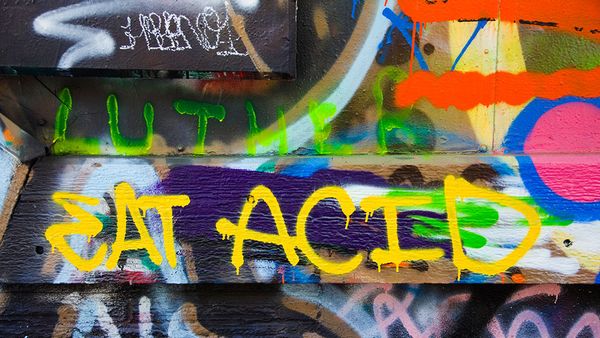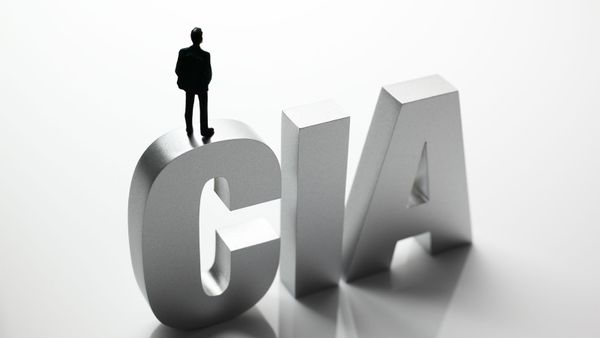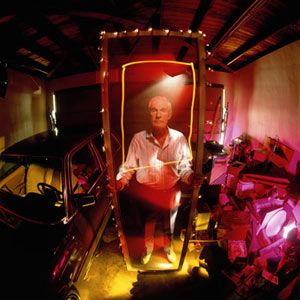
It's known as Bicycle Day — April 19, 1943. The world was caught in the desperate fog of World War II, and the dropping of the first atomic bomb was only a couple of years away.
But on that afternoon, Dr. Albert Hofmann experienced another sort of cultural tectonic shift: He became the first person to intentionally ingest the hallucinogen LSD, taking 250 micrograms at his office in Basel, Switzerland. He had discovered lysergic acid diethylamide (LSD's less-catchy scientific name) in 1938 while working as a chemist for Sandoz, but it took a while to discover what it might do to mind and body.
Advertisement
Hofmann, the story goes, started tripping so hard he decided to ride his bike home, seeing fantastical things all the way. Hence, Bicycle Day — to some, a grand moment in history.
Since then, LSD has occupied an uncomfortable and uncertain place. It has been hailed by some in the counterculture sphere (hello, Timothy Leary, Ken Kesey) as a mind-expander that can help humans finally reach their intellectual, mental well-being, and spiritual potential; used by the CIA as a possible Cold War weapon, testing it on prisoners and mental patients (insert evil laugh here); and experienced by still others as the purveyor of terrible black-hole trips.
The drug was banned in the U.K. in 1966, and in the U.S. in 1968. But that certainly doesn't mean it has gone away. In fact, LSD, for various reasons, is experiencing an apparent resurgence in use unseen since the psychedelic '60s.
In the past half-decade, as marijuana has led the conversation on drug legalization, LSD has found a new niche: not as a mind-blowing, cataclysmic rainbow-land trip-inducer, but as a healthy additive to life.
Specifically, microdosing LSD — taking doses so small that users don't feel the heavier mind-altering side effects — has become fashionable (nee, groovy) in Silicon Valley as a way to enhance productivity, among other things.
To hear users tell it, the many benefits of microdosing — users take, in various forms, approximately 1/10th to 1/20th the "normal" amount — include decreases in anxiety and depression, ADD/ADHD symptoms, mood disorders, PTSD and addiction; and increases in the user's creativity, focus, empathy for others and (somehow) leadership capabilities. Even world-class athletes are claiming it improves coordination and performance.
Wired has written about it. The BBC, too. So has Rolling Stone. And many other reputable media outlets. Novelist Ayelet Waldman even wrote a book about microdosing — claiming, among other things, it saved her marriage to Pulitzer Prize-winning novelist Michael Chabon.
It's probably not surprising, but worth noting, that Reddit has a board dedicated to LSD microdosing. And major websites like The Third Wave are dedicated to promoting the good LSD word.
At the same time, a small groundswell of activist-experts, with decades of informal studies overflowing their offices, are calling for more funding for clinical research to — finally, thoroughly — determine LSD's potential benefits and dangers.
Here lies the crux of LSD's current state: On one side stand the believers of the yet scientifically unproven physical and mental health benefits of LSD, those who seek a relaxing of drug laws to promote clinical research. On the other, the sober cynics who say there's nothing to discover, that LSD is just a dangerous (and potentially deadly) drug, and it would be foolish to throw more money toward microdosing and other such uses.
Advertisement


